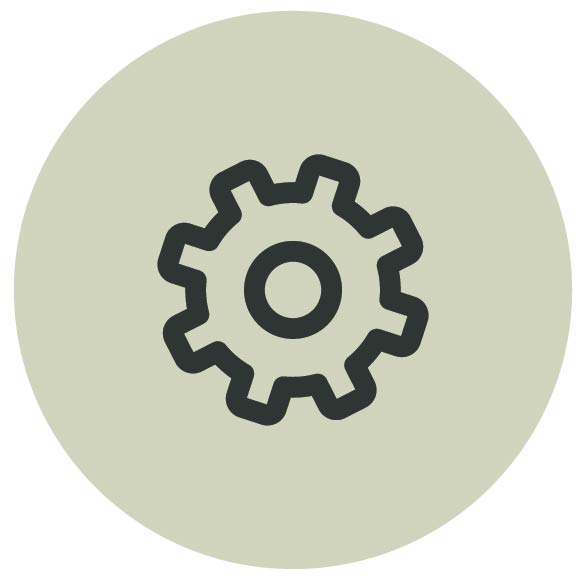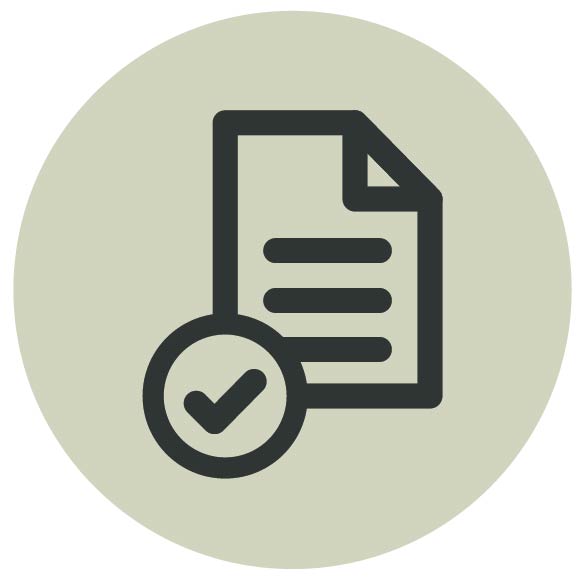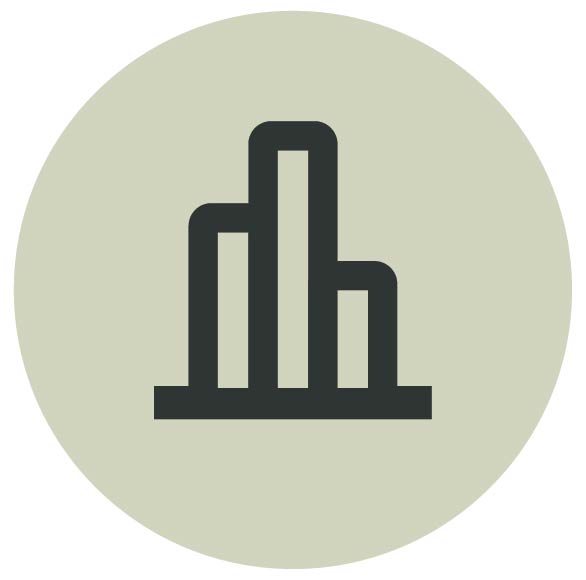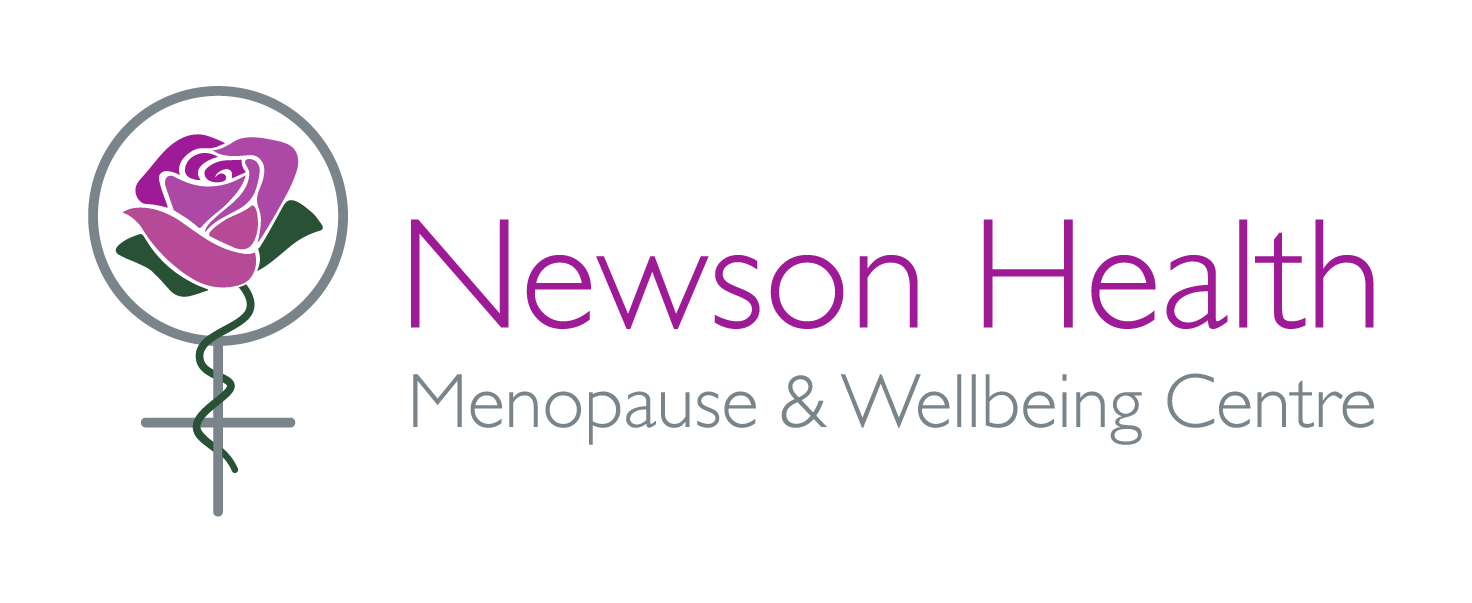Menopause marks the end of the menstrual cycle. It typically occurs between the ages of 45 and 55. During this time, the ovaries stop releasing eggs, leading to a decrease in oestrogen, progesterone and testosterone levels. production. This hormonal transition can cause a range of physical and emotional symptoms, including hot flushes, mood swings, and sleep disturbances. While the menopause experience varies for each individual, it's important to remember that every woman will go through it.
Menopause is non-visible
 Under 40 Premature menopause can occur in women under 40
Under 40 Premature menopause can occur in women under 40 An estimated 1.1 billion women worldwide between the ages 40 and 58 will have experienced menopause or be postmenopausal
An estimated 1.1 billion women worldwide between the ages 40 and 58 will have experienced menopause or be postmenopausal 10 years is the length of time symptoms of perimenopause or menopause can last up to.
10 years is the length of time symptoms of perimenopause or menopause can last up to. Around 60 symptoms can be associated with peri/menopause
Around 60 symptoms can be associated with peri/menopause Between ages of 45 - 55 Menopause typically occurs between the ages of 45 and 55
Between ages of 45 - 55 Menopause typically occurs between the ages of 45 and 55
The medical definition of menopause is when a woman hasn't had a menstrual period for 12 consecutive months. But before menopause arrives, there's a transition stage called perimenopause. During this phase, hormonal fluctuations can lead to irregular periods, hot flashes, night sweats, mood changes, and other symptoms.
While menopause is a natural process, some women may experience more intense symptoms that impact their quality of life. In such cases, medical intervention and lifestyle changes can make a difference. Hormone replacement therapy (HRT) is an effective treatment that can help alleviate symptoms. HRT contains oestrogen, and/or progesterone (if it’s needed), and in some cases testosterone, and replaces the hormones your body no longer produces.
It's essential to know that menopause doesn't mean the end of a woman's overall health and well-being. By leading a healthy lifestyle that includes a balanced diet, regular exercise, stress management, and routine health check-ups, women can have a positive experience during and after menopause.
Symptoms of peri/menopause
The severity and duration of perimenopause can vary greatly among women. Some women may have mild symptoms that are easily manageable, while others may experience more pronounced and disruptive ones. It is important for each woman to be aware of her own unique experiences and seek support and guidance when needed.
Common symptoms include:
- Irregular periods: Menstrual cycles become less predictable, and periods may be lighter or heavier than usual.
- Hot flushes and night sweats: A sudden sensation of intense heat that is typically felt on the upper body and face. It can be accompanied by flushing of the skin and excessive sweating.
- Vaginal changes: Decreased oestrogen levels can lead to vaginal dryness, discomfort during intercourse, and an increased risk of urinary tract infections.
- Mood changes: Some individuals may experience mood swings, irritability, or feelings of anxiety or depression during menopause.
- Sleep disturbances: Changes in hormone levels can contribute to difficulties falling asleep or staying asleep.
- Brain fog: Oestrogen stimulates the brain, and testosterone strengthens brain nerves, so when levels begin to fall, this can cause brain fog, forgetfulness and poor concentration.
- Changes in sexual function: Reduced oestrogen levels can bring about changes in libido and sexual function.
- Physical changes: Menopause can contribute to changes in metabolism, weight gain, and changes in skin and hair texture. Hormonal changes, combined with ageing and lifestyle factors, can contribute to weight gain or difficulty losing weight
- Urinary symptoms: Some women may experience urinary incontinence, urgency, or frequency as a result of changes to the bladder and urethra
Sources:
World Health Organisation: https://www.who.int/news-room/fact-sheets/detail/menopause
United Nations: https://population.un.org/wpp/Download/Standard/Population/
National Institute on Ageing: https://www.nia.nih.gov/health/what-menopause#:~:text=The.
The Menopause Charity: https://www.themenopausecharity.org/2021/10/21/am-i-perimenopausal-or-menopausal/
Look out for these Sunflower icons
 I may need more time
I may need more time
I need a quiet/safe place I have a hidden disability
I have a hidden disability
The content on this page has been reviewed by Newson Health (Feb 2024). Newson Health Menopause and Wellbeing Centre offers support so women can have a positive experience of perimenopause and menopause. It provides individualised consultations in person or via video to discuss treatment options relevant to you, your symptoms and your future health. Visit the website https://www.newsonhealth.co.uk/
The balance website and free app was created and founded by GP and menopause specialist Dr Louise Newson to provide evidence-based menopause and perimenopause information to all women. You can find articles, podcasts, videos and personal stories, plus a helpful symptom tracker. Visit balance-menopause.com or download the app from the App Store or Google Play.






